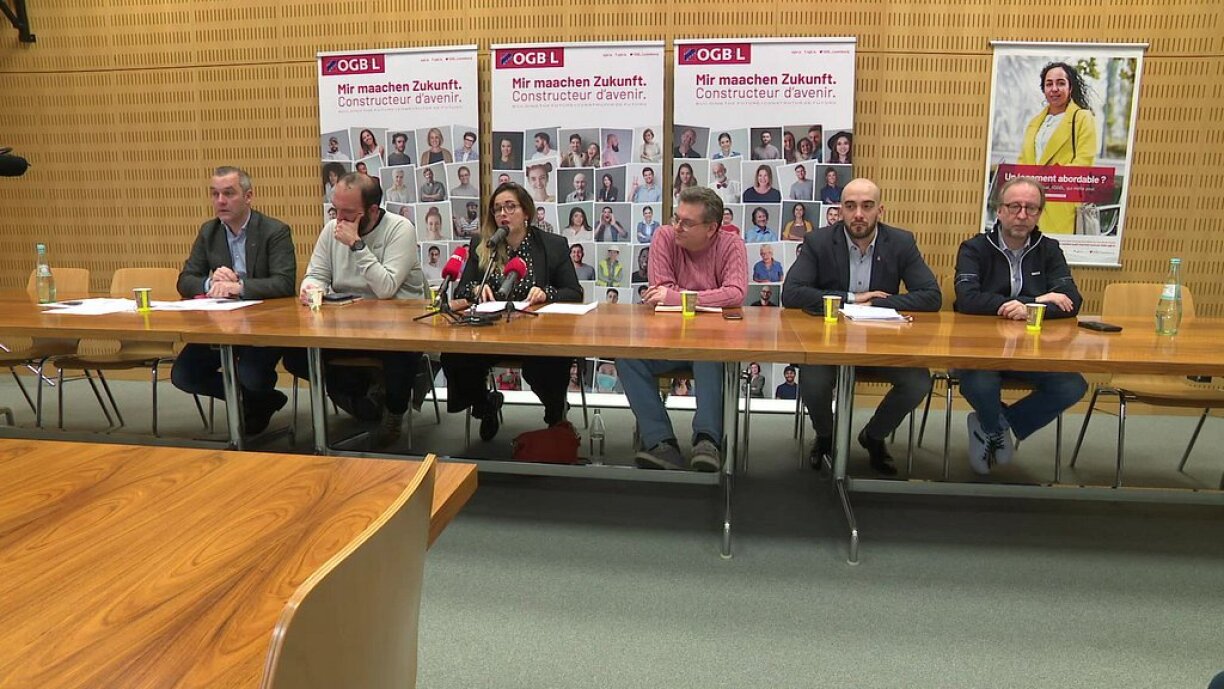
The concept of the bracket creep originated in Switzerland, where it is known as kalte Progression (which means “cold progression” in German) and describes a process by which wages and salaries are pushed into higher tax brackets as a result of indexations in response to inflation. While wage indexations are meant to boost purchasing power, there is a real risk that a person’s income may be taxed at a higher rate than before. This means that an indexed salary may be taxed at a higher rate despite the fact that its real value remains the same. In other words, purchasing power actually decreases as a result of indexation. The phenomenon of the bracket creep is thus a result of how the tax system works when there is inflation.
“This bracket creep must be stopped immediately,” OGBL President Nora Back declared, adding that “the government must act without further delay before the end of this legislative session.” The trade union plans to launch an awareness campaign on this issue in January.
The OGBL reiterated its opposition to introducing a cap on wage indexations, with Back arguing that “capping the indexation system would not result in any benefits for those with lower and medium incomes.”
The trade union representatives also addressed the housing crisis, stressing the importance of fighting “speculation on the real estate market, where the property tax is partly failing.”
As for the public sector wage agreement, which was signed last Friday, the OGBL leaders expressed surprise that they had not been invited to participate in the negotiations. Back concluded by stressing that there will no way around the OGBL during the next negotiations.